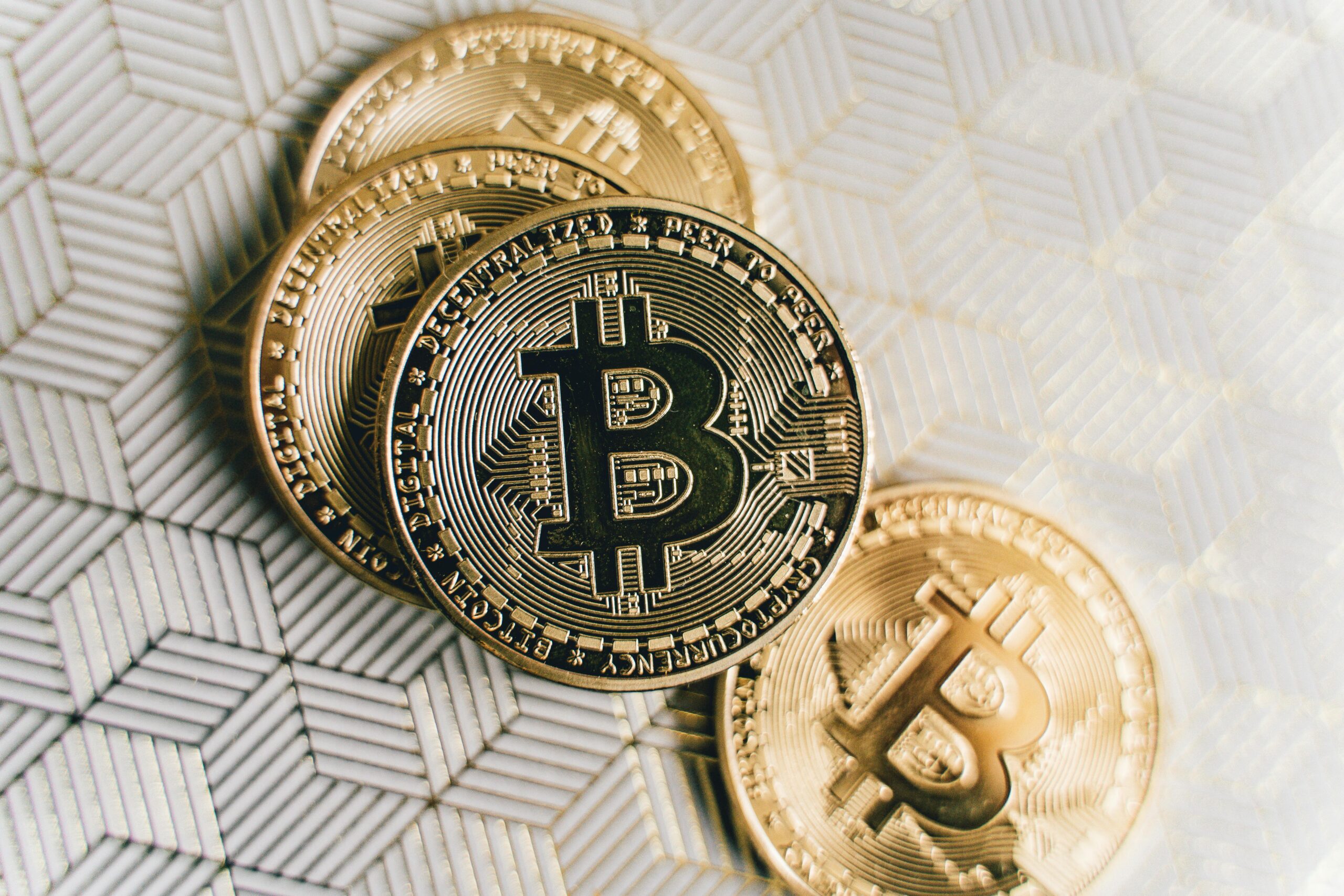The price of Bitcoin lately fell below $96,000, underscoring growing investor worries about inflation and how it affects the financial markets. Bitcoin Drops Below $96K This fall emphasizes how dynamically changing the link is between macroeconomic data and bitcoin values. As these elements still affect Bitcoin Dominance Reaching swings and general market mood, investors are keenly observing central bank policies, interest rate choices, and economic statistics.
Inflation Data Sparks Market Volatility
The U.S. Bureau of Labor Statistics published the most recent Consumer Price Index (CPI) report on February 12, 2025, showing a 3% year-over-year inflation rate for January, rather above the anticipated 2.9%. This surprising increase in inflation set off quick responses in financial markets that resulted in Bitcoin falling to almost $94,000 before somewhat rebounding later in the day.
Given its fixed quantity of 21 million coins, Bitcoin has long been regarded as a hedge against inflation. Still, its recent price swings point to a more complicated link. Rising inflation usually results in anticipation of higher interest rates, which makes riskier assets—including cryptocurrency—less appealing. Many investors have cut their exposure to Bitcoin because of increasing ambiguity.
Bitcoin’s in Question Amid Market Drop
As inflation worries rock world markets, Bitcoin’s recent decline below $96,000 raises questions for investors. Originally thought of as a counter against inflation, the price swings of Bitcoin today seem to be more linked with conventional risk assets. Rising predictions of interest rates and economic instability have helped to explain this drop and forced investors to review their crypto assets.

The sell-off challenges Bitcoin’s story as digital gold by Bitcoin Drops Below $96K, reflecting increasing macroeconomic indicator sensitivity despite long-term advocates arguing that gold’s scarcity still makes it a valuable store of value, short-term volatility continues to pose a significant challenge. Nowadays, market analysts expect more swings depending on central bank policy and inflation statistics.
Market Correlation with Bitcoin
The response of the Bitcoin market to inflation data exposes Bitcoin’s growing relationship with conventional financial assets. Although Bitcoin has occasionally acted like gold, serving as a safe-haven asset, its recent volatility points to it perhaps still being a high-risk investment. This change questions the long-held belief of Bitcoin as a consistent defense against economic uncertainty.
Bitcoin’s latest decline below $96,000 shows its macroeconomic sensitivity given growing inflation worries. Investors have to regularly check economic data and modify their plans as inflation keeps influencing world financial markets. Future legislative changes, institutional acceptance, and general market attitude will probably determine whether or not Bitcoin’s acting as a hedge is possible.
Bitcoin’s Role as an Inflation
Because of its limited number of 21 million coins, Bitcoin has long been praised as a counterpoint to inflation. But current market actions point to a more complicated situation. Higher inflation sometimes results in central banks’ expectations of higher interest rates, which can reduce the attraction of riskier assets such as cryptocurrency. In this case, investors’ reevaluation of their risk exposures in response to the higher-than-expected inflation numbers has caused a sell-off that affected the price of Bitcoin.

The response of the bitcoin market to inflation statistics reveals its changing character. Though Bitcoin has often shown traits of a safe-haven asset, like gold, its recent performance shows a closer relationship with conventional risk assets. Given macroeconomic changes, this association implies that Bitcoin’s function as an inflation hedge could not be as strong as first assumed.
Inflation Fears Trigger Market Volatility
Rising inflation concerns have upset world financial markets and caused volatility in many different asset sectors. As they review their risk exposure, investors are attentively tracking central bank policies and inflation data in particular. Stocks, commodities, and cryptocurrencies have all been impacted by the recent market volatility.
Bitcoin dropped below $96,000. Concerns about possible interest rate increases have added to the uncertainty and driven many to be cautious. Financial markets are on edge as inflation keeps exceeding forecasts, mirroring a larger conflict between policy changes and economic stability. Future trends will be determined mostly in the next months.

